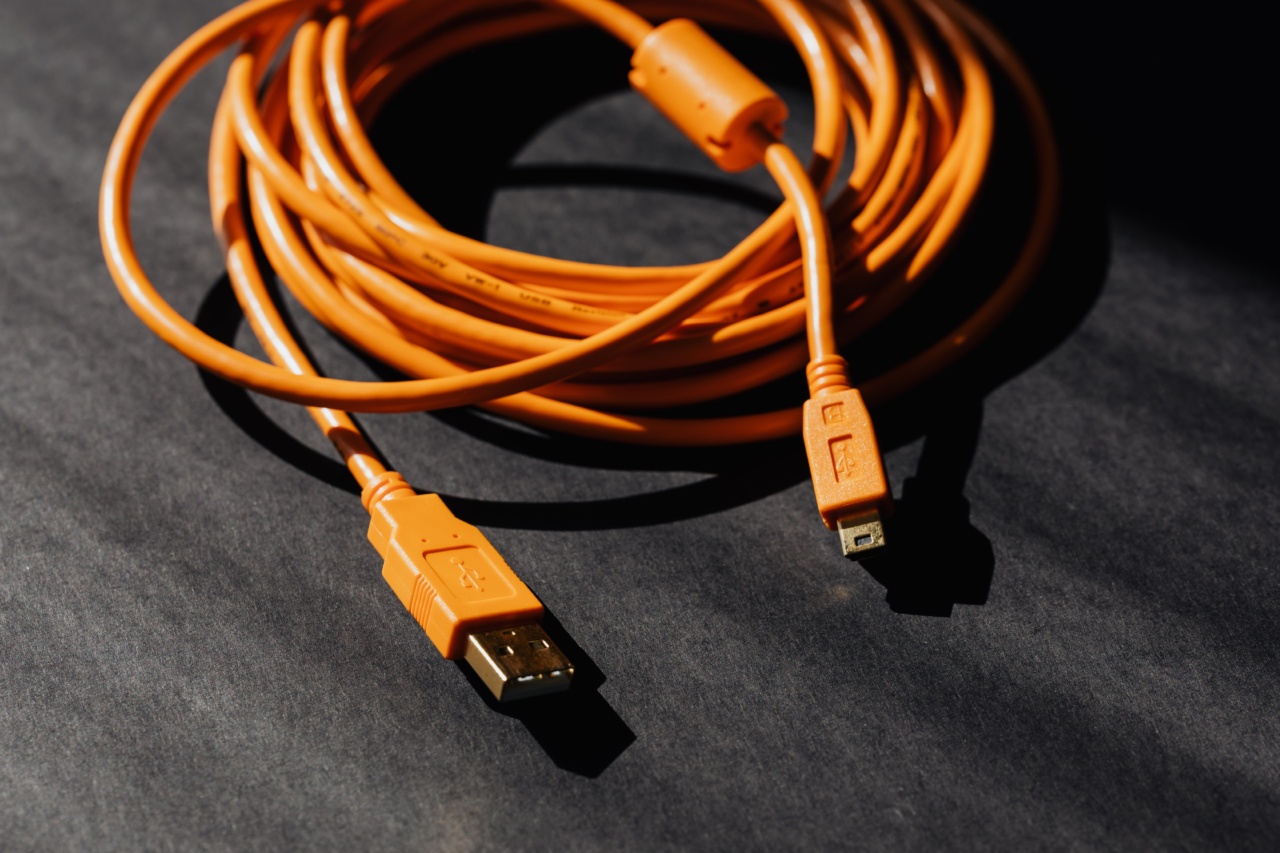Alzheimer’s disease is a neurodegenerative disorder characterized by memory loss, cognitive decline, and behavioral changes. Proteinuria, on the other hand, refers to the presence of excessive amounts of protein in the urine.
While these two conditions may seem unrelated at first, recent research suggests a potential link between proteinuria and Alzheimer’s disease. In this article, we will delve into this connection, explore potential causes, and discuss the importance of early detection for both conditions.
Understanding Proteinuria
Proteinuria can occur due to various factors, including kidney damage, certain medications, infections, and systemic diseases. Normally, the kidneys filter waste products and excess fluid from the blood, while retaining essential proteins.
However, when the kidneys are damaged or not functioning properly, protein molecules can leak into the urine.
Common symptoms of proteinuria include foamy urine, swelling in the hands and feet, and fatigue. If left untreated, proteinuria can lead to more severe kidney damage and ultimately result in chronic kidney disease.
Alzheimer’s Disease: An Overview
Alzheimer’s disease is the most common form of dementia, accounting for approximately 60-80% of all dementia cases. It primarily affects older individuals and is characterized by the progressive deterioration of brain cells.
The exact cause of Alzheimer’s is still unknown, but researchers believe it involves a combination of genetic, lifestyle, and environmental factors.
The main pathological hallmarks of Alzheimer’s are the presence of amyloid plaques and neurofibrillary tangles in the brain. These abnormal protein deposits disrupt the normal functioning of neurons, leading to cognitive decline and memory loss.
The Potential Link between Proteinuria and Alzheimer’s
Emerging evidence suggests that proteinuria may be associated with an increased risk of developing Alzheimer’s disease.
Several studies have found a higher prevalence of proteinuria in individuals with Alzheimer’s compared to those without the disease.
One possible explanation for this link is the impaired blood-brain barrier (BBB) integrity observed in both conditions. The BBB is a highly selective barrier that regulates the transport of substances between the bloodstream and the brain.
Dysfunction of the BBB can lead to the leakage of proteins into the brain, contributing to the formation of amyloid plaques.
Furthermore, recent research has identified common molecular pathways shared by proteinuria and Alzheimer’s. For example, both conditions involve abnormal protein processing and accumulation.
Additionally, inflammation and oxidative stress, which play a role in the development and progression of both proteinuria and Alzheimer’s, have been observed in relation to both conditions.
Potential Causes of Proteinuria in Alzheimer’s Disease
While the exact mechanisms underlying the development of proteinuria in Alzheimer’s disease remain unclear, several theories have been proposed:.
1. Kidney Dysfunction:
Alzheimer’s disease is associated with vascular abnormalities, including reduced blood flow in the kidneys. This reduced blood flow might contribute to kidney dysfunction and the subsequent development of proteinuria.
2. Systemic Inflammation:
Inflammation is a common feature of Alzheimer’s disease, and chronic systemic inflammation can affect renal function, leading to proteinuria.
3. Amyloid Deposition:
The abnormal protein deposits found in Alzheimer’s, such as amyloid plaques, might directly affect renal function and contribute to proteinuria.
Early Detection and Management
Recognizing the potential link between proteinuria and Alzheimer’s highlights the importance of early detection and management for both conditions.
Early detection of proteinuria can lead to interventions to protect kidney function and prevent the progression of chronic kidney disease. Regular urine tests, specifically the measurement of protein levels, can help identify proteinuria in its early stages.
For Alzheimer’s disease, early detection allows for the implementation of lifestyle changes, medication, and other interventions that can slow down the progression of the disease and improve the quality of life for individuals living with Alzheimer’s.
Conclusion
While the link between proteinuria and Alzheimer’s is still being investigated, the preliminary evidence suggests a potential association between the two conditions.
Impaired BBB integrity and shared molecular pathways between proteinuria and Alzheimer’s highlight the need for further research in this area. Early detection of both proteinuria and Alzheimer’s is essential for timely intervention and management.
By understanding the potential connection between these two conditions, healthcare professionals and researchers can contribute to improved diagnostic strategies and treatment options for both proteinuria and Alzheimer’s disease.





























